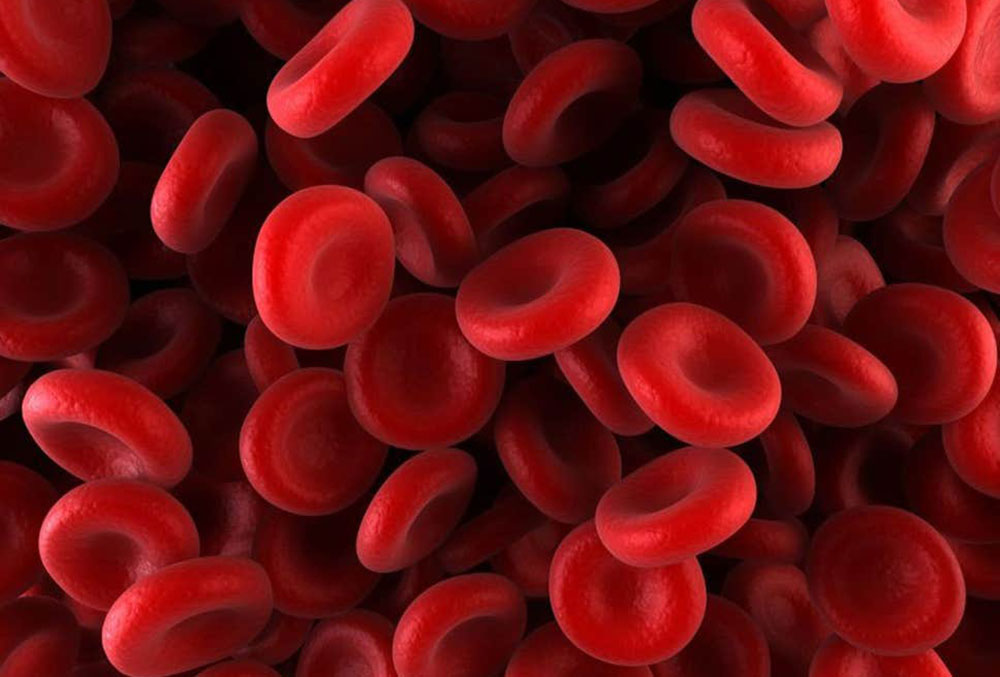What is Leukemia?
Comprehensive Cancer Centers’ team of hematologists-oncologists continually work to better understand chronic lymphocytic leukemia (CLL). Advances in CLL treatment applied by the Comprehensive physicians and clinicians have resulted in improved outcomes, remission rates and quality of life for our patients. These advances have come from new approved therapies and new drug combinations, which is an important part of the practice’s commitment to clinical research.
What is Leukemia?
Leukemia is a cancer of the blood and bone marrow, with the four major types of leukemia are CLL, as well as chronic myeloid leukemia, acute lymphoblastic leukemia and acute myeloid leukemia. According to data from the Leukemia and Lymphoma Society, Approximately 20,000 new cases of CLL were expected to be diagnosed in 2019. Data from 2015 showed an estimated 179,000 people either living with or are in remission from CLL.
While leukemia is not among the more common cancers, it is one that is prevalent enough that people of all ages need to be mindful of symptoms to ensure early detection. Improving lifestyle choices can reduce the risk of leukemia and will also provide a halo effect for better health to reduce risks for many other illnesses.
Leukemia is classified in two ways, either lymphocytic or lymphoblastic. It is considered lymphoblastic if the cancerous change occurs in a blood-forming adult stem cell in the bone marrow, which may result in a type of white blood cell called a lymphocyte developing. Acute leukemias can often progress rapidly, affecting cells that are still forming, which makes the cells unable to carry out normal functions.
Chronic leukemias usually progress more slowly than other types of leukemia, and patients have greater numbers of mature cells. In general, these more mature cells can carry out some of their normal functions.
What Causes Leukemia and Blood Cancers?
There is no definitive evidence of what causes the leukemia and other blood cancers, although family history and environmental factors, including smoking tobacco, prolonged exposure to radiation and other various chemicals, are believed to play roles in the disease development.
As with other cancers, road maps to determining exact causes are not as clear as everyone would prefer; however, there are common symptoms that can help physicians diagnose leukemia and blood cancers sooner. Some symptoms to look out for include chronic fatigue and weakness, frequent infections, nosebleeds that occur often, easy bleeding or bruising and unintentional weight loss.
These symptoms may not mean someone has leukemia or a blood cancer, but that if they do present, they should be checked out by a physician as soon as possible.
The key for success in treating leukemia, as with any blood cancer or other cancer, is in early detection and quick treatment and that has led survival rates for those diagnosed with leukemia. If any of the symptoms listed are present, let your primary physician know immediately, and should further testing and exams deem you have leukemia, ask for a referral to Comprehensive Cancer Centers.
Comprehensive Cancer Centers Can Help
If you have been diagnosed with leukemia, Comprehensive Cancer Centers can provide assistance and treatment options for patients including chemotherapy, and radiation therapy. For certain cases, clinical research may offer new options for treatment. To schedule an appointment with the team at Comprehensive, please call 702-952-3350.
The content is this post is not intended to be a substitute for professional medical advice, diagnosis, or treatment. Always seek the advice of qualified health providers with questions you may have regarding medical conditions.



